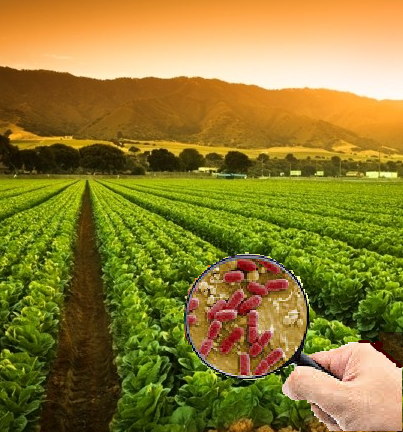The Packer reports that California’s Leafy Greens Marketing Agreement (LGMA) has published a list of steps taken to address E. coli outbreaks linked to romaine lettuce. The group proposes a “systemic overhaul” of food safety practices including the following steps. (1) Banned the use of untreated surface water for irrigation before harvest and increases buffer zones between animal operations and fields. (2) Train growers and employees on new requirements in California and Arizona. (3) LGMA has created a subcommittee to review updates to water standards; other subcommittees will focus on soil, the proximity of animal operations and equipment sanitation. (4) Funding of studies to understand the root cause of the leafy green contamination. The report of a task force focuses on science/prevention, traceability, harvest location labeling on romaine, and the investigation/collaboration process. (5) The FDA will test 270 romaine samples in Arizona and California growing regions throughout the year.@ https://www.thepacker.com/article/lgma-lists-steps-taken-industry-following-e-coli-outbreaks



